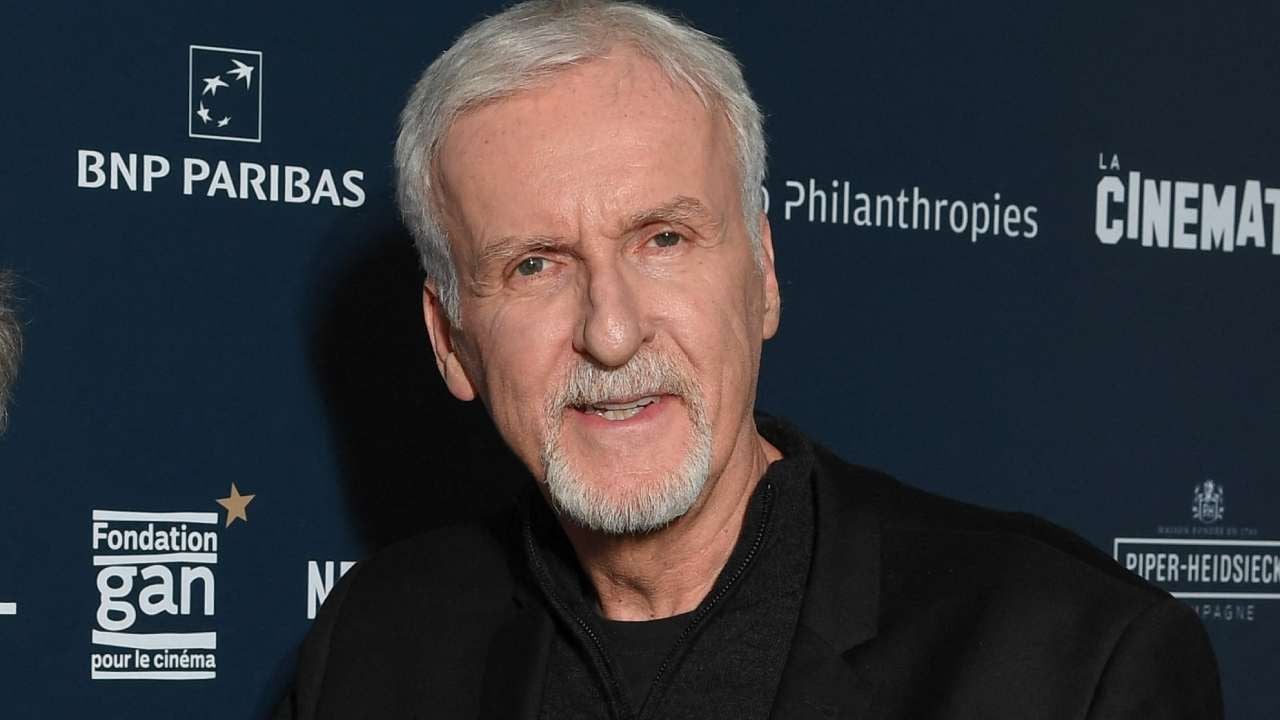A new study finds that fasting or spreading calories throughout the day has the same effect on the body.
What if you find that intermittent fasting doesn’t make you lose weight faster or faster? Well, a new study published in the New England Journal of Medicine evaluated 139 obese people for a year and concluded that there are no differences in the practice of intermittent fasting or the traditional diet.

For 12 months these people were divided into two groups: the first changed their eating habits to include fasting. The second, distributed the calories to be ingested throughout the day, in the classic “eat every 3 hours” scheme. The result: Both groups lost the same amount of weight and had the same health outcomes.
“The study evaluated the health benefits of fasting,” explains the nutritionist Thiago Monteiro known online as Soft Feed. “The practice of fasting has some benefits, for example insulin sensitivity, however, with a conventional diet, with the indication to eat every 3 hours, it is possible to have this result and lose weight in the same way. This was the conclusion of the study. “.
What the study also indicates is that to obtain the benefits of food, it is necessary to follow a healthy diet, rich in leaves, vegetables, fibers, proteins and carbohydrates. “The advantages are much more in the choice of food than in the strategy used, whether it is fasting or eating every 3 hours”, continues the professional.
AFTER ALL, IS INTERMITTENT FASTING WORTH IT?
It largely depends. When fasting is chosen, some people may experience symptoms such as headaches, weakness, hunger, irritability, loss of memory and concentration, anxiety… even more so if the person is not used to the practice.
“Fasting can end up generating a spike in hunger, and when hunger comes, the person may not be able to control themselves and err on the quantity,” he warns. “The person ends up eating what she ‘faces’ and in a much larger portion than she would if she weren’t so hungry, because she went without eating for several hours.”
The result of this process can be an eating disorder and often these patients will need multidisciplinary professional help, with psychologists and nutritionists, for example, to reverse the situation.
“Today it is very easy to access anything and, in the same way that the Internet has come to bring good information, it also brings issues with which we must be a little careful. Fasting is the oldest practice that exists, but it was supposed to be. the lack of food. Our ancestors needed to hunt and had no food available as is the case today “, says Thiago.
People are currently highly conditioned to seek quick and immediate answers to their questions, including weight loss. And this “despair”, as Thiago says, can generate unhealthy and unsustainable actions over time – such as adopting an intermittent unguided fasting system.
“We have to lose weight using a strategy that we can adopt for life, otherwise the result will be momentary. People have been overweight for years, but they want to lose weight in days, weeks … It doesn’t work!” , he says.
FASTING AS A FOOD STRATEGY
It is interesting to keep in mind that fasting is not a solution to weight loss, but a food strategy that, in principle, can generate results on the scale.
“People believed it was a good strategy to lose weight. And actually lose, but this is more related to restriction, staying a long time without eating and depleting energy reserves, muscle glycogen and liver,” explains Thiago. “When the person goes on fasting, the final weight decreases a lot, especially in the first few days, due to the loss of glycogen and the loss of water.”
After this first moment, however, there is a stabilization of the weight. In addition, it is common for people to gain weight very quickly when they resume “normal” eating. “Fasting has won over many people because of this false sense of short-term weight loss, which isn’t true,” she continues.
WHAT TO DO TO LOSE WEIGHT?
The conclusion, according to the nutritionist, is to accept that the weight loss process is not fast, but it can be effective as long as it takes into account the nutritional needs of each and, above all, maintains the balance.
“People have to lose weight by eating what they want, knowing how to identify what is unhealthy and making these ‘foods’ the exception,” he says. “You can eat a pizza, a burger, a candy, but it has to be sporadic. I like to use the expression: hit 80% and miss 20%. And knowing that you are going to lose fat improves your health and adopting new ones. habits”.
In addition to professional guidance, internalizing these new and good habits and applying them daily, such as eating well, exercising, drinking water and sleeping well, must replace the belief in “fake products and tactics”, as explained by the nutritionist, which promises miracles – that includes fasts, smoothies, teas, and even pills.
“Losing weight goes beyond aesthetics! Losing weight improves sleep, gut, mood, self-esteem and overall health. You don’t have to view diet as pain, you don’t have to go hungry to lose weight and to have the dream of an ideal body and, above all, to be healthy “, he concludes.
Source: Terra
Benjamin Smith is a fashion journalist and author at Gossipify, known for his coverage of the latest fashion trends and industry insights. He writes about clothing, shoes, accessories, and runway shows, providing in-depth analysis and unique perspectives. He’s respected for his ability to spot emerging designers and trends, and for providing practical fashion advice to readers.








